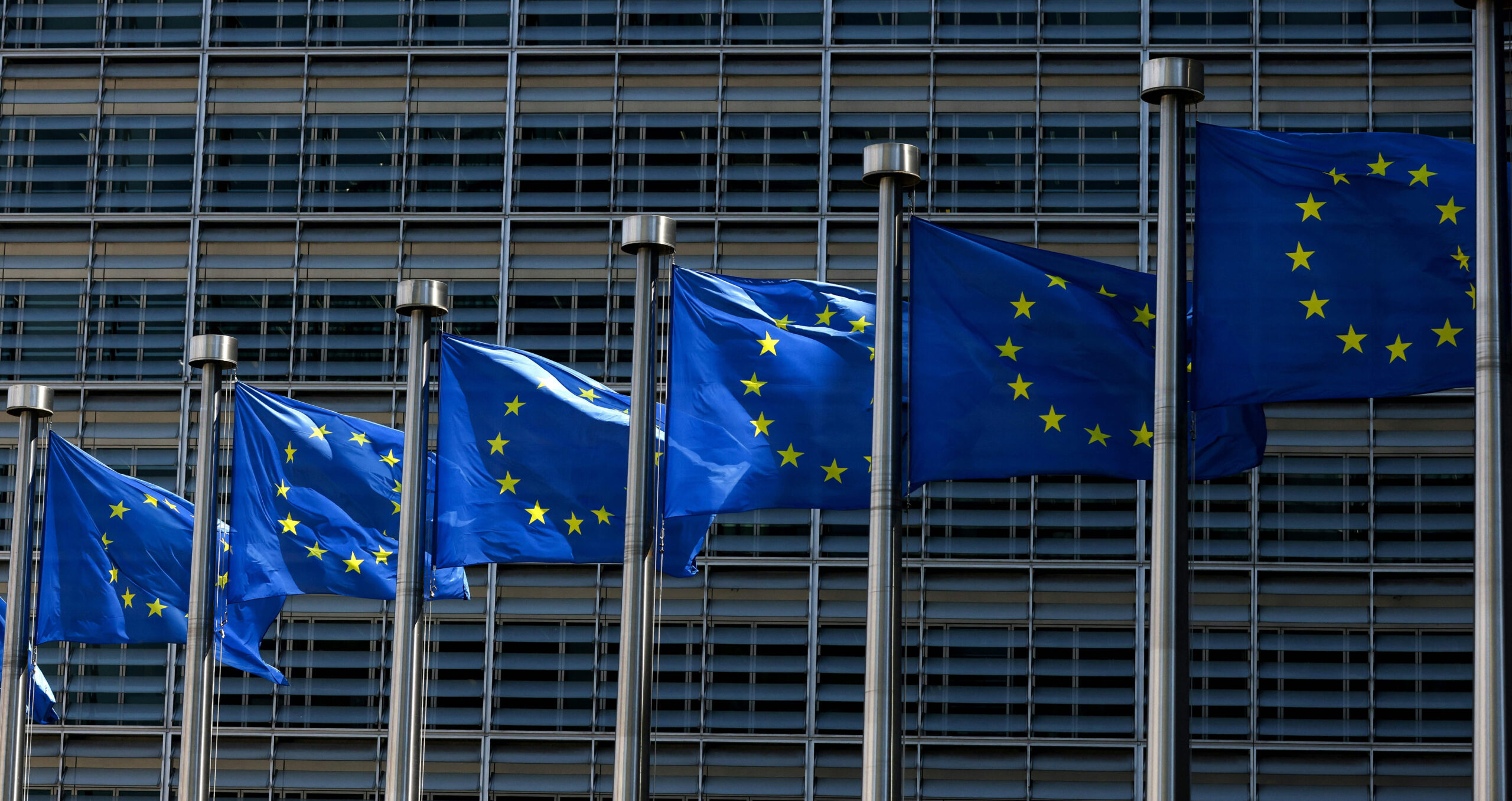
European Parliament committee backs sustainability due diligence for financial companies

Rules on companies’ social and environmental responsibilities across supply chains will apply to banks, institutional investors and asset managers.
Financial companies should be covered by the EU Corporate Sustainability Due Diligence Directive, agreed the European Parliament’s Committee on Economic and Monetary Affairs (Econ) on Tuesday. Environmental campaigners welcomed the vote, but called for the final text to ensure all financial institutions can be held legally responsible for any misconduct in their portfolios.
“By including the financial sector in the Corporate Sustainability Due Diligence Directive, MEPs are finally putting the brakes on the longstanding lack of accountability in finance,” said Sebastien Godinot, senior economist at the World Wide Fund for Nature. He described the vote as “a significant step towards the protection of both human rights and the environment”, adding that financial institutions must “never be allowed to blindly throw money into a black hole without considering the devastating consequences it can have on people and our environment”.
Progress had been made, said Godinot, with Econ voting to keep the financial sector in the proposed directive and to add credit rating agencies and administrators to the market operators covered. The draft text now includes institutional investors and asset managers in its scope. However, it includes a “loophole” that means institutional investors and asset managers could not be held liable for adverse sustainability impacts.
The committee also backed the European Commission’s proposal for EU companies with more than 500 employees and more than €150mn in net worldwide turnover to implement transition plans aligning their strategy and business models with a global warming limit of 1.5C. Research published earlier this month by CDP found that more than a third of European companies disclosing to it already had a climate transition plan in place.
“The measures MEPs have agreed are not enough to stop banks from funding human rights abuses and environmental destruction, but are a solid platform to build on before the parliament agrees on its final position,” said Aurelie Skrobik, corporate accountability campaigner at non-profit Global Witness.
Isabella Ritter from ShareAction, a campaign group promoting responsible investment, said the committee had “sent a strong signal that financial institutions need to care about their impacts on planet and people. Carrying out human rights and environmental due diligence will allow financial actors to better manage their financial risks and harmful impacts on the planet and people”.
Ahead of the vote, business groups representing diverse sectors, including the insurance sector, had published a joint letter insisting, in particular, on the need for a single set of corporate due diligence rules to be rolled out across Europe. Some countries, such as Germany, have already started implementing their own regulations. The letter also suggested that “focusing on all aspects within the whole value chain was neither manageable nor realistic”.
Oliver Moullin from the Association for Financial Markets in Europe reacted similarly this week after the Econ vote. “Any application to downstream financial services should be focused on the provision of financing where the inclusion of the services is expected to have the greatest impact on safeguarding human rights and the environment,” he said in a statement.
“It should not extend to services such as trading and investment activities, derivatives, custody, clearing or payment services where financial institutions cannot effectively influence the behaviour of their counterparties,” he added.
The directive will now be voted on by the European Parliament’s environment and legal committees, before a final parliament plenary vote pencilled in for May.
In a separate vote, Econ backed changes to the Capital Requirements Regulation and the Capital Requirements Directive to implement the Basel III agreement, including strengthened reporting and disclosure requirements for ESG risk.
Similar Articles

In Brief: EU parliament rubber-stamps CSDDD; US imposes strict rules on carbon pollution from power plants

UK Climate Change Act remains legally sound 15 years on, experts say


